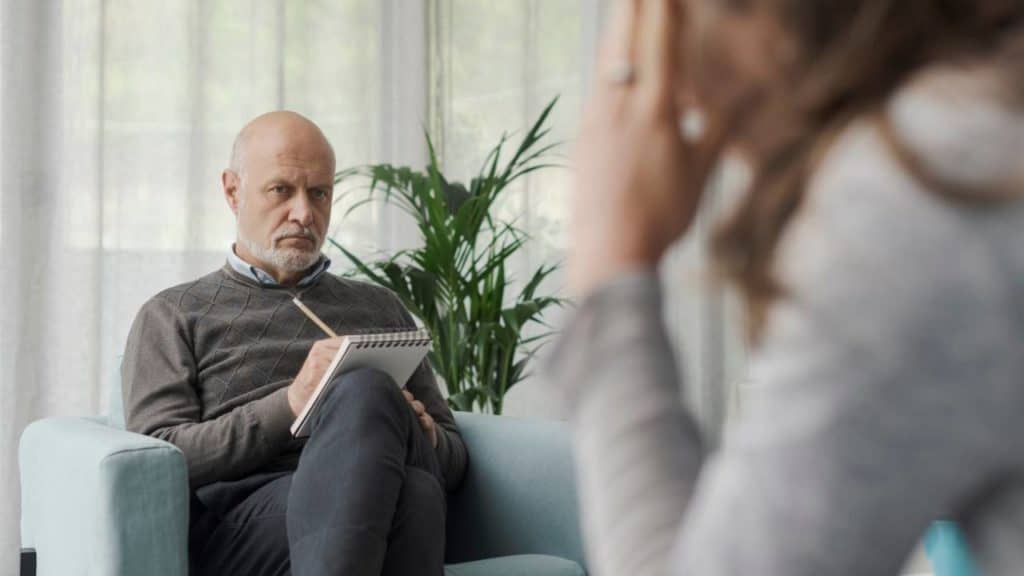Therapy can be a powerful tool – especially for children of immigrants and people of colour, who often have systemic biases working against them alongside personal issues. Unpacking these issues within a racialised context requires a high level of cultural competence which white therapists both reportedly and anecdotally lack.
According to the BioMed Central Psychology Journal, white therapists often “struggle to adapt with clients who do not fit within rigid frameworks of whiteness” due to a “lack of emphasis on personalised cultural competence skills in mental health practitioner training”. The ‘colour blind’ approach is taught as a form of “cultural competency” to treat everybody equally regardless of race. However, this leads to the erasure of a client’s ethnocultural issues because it relies on the simplistic assertion that ‘everybody is equal’, invalidating existing inequality and disregarding the complexities of systemic and internalised racism. White therapists approach POC clients through a framework of whiteness, where race is not a valid contributing factor to mental health and uniquely POC experiences are unnecessarily and incorrectly pathologised as mental health problems.
For example, my own (former) therapist would attempt to resolve my “feelings of inferiority to white people as a brown woman” by asserting that this resembled ‘social anxiety’ and encouraging things such as general positive self-talk and other self-esteem building exercises. Whilst social anxiety is a legitimate diagnosis to be given, and self-worth is an important aspect of mental health, both of these solutions were given to me through the lens of whiteness; in a context where my culture did not contribute to the feelings of inferiority and were therefore not a present variable in the healing process. However, in the appropriate ethnocultural context, one can’t help but think a more productive approach would be to build self-worth through the lens of my identity and explore how to be comfortable as a minority in a majority white country. Pathologising these systemic issues means that the burden is placed wholly on the individual to dismantle the effects of an entire power structure working against them.
Another prominent issue is that white therapists often entirely misunderstand ethnocultural familial dynamics. They may advocate for strategies which can be unrealistic to implement or actively harmful in cultures which are unfamiliar with Western notion of individualism or therapeutic language. Often, the nuanced nature of an immigrant family will be cast aside with broad, unhelpful strategies such as “setting boundaries” or “cutting off toxicity”. This rhetoric has been echoed repeatedly to POC in therapy, with no regard for their complex ethnocultural identity and the fact that the majority of us come from cultures where there is a lack of native language literacy for Western talk therapy concepts.
Additionally, many immigrant issues – such as the undiagnosed PTSD and other mental health issues which run rampant throughout postwar diaspora elders and thus complicate many parent/child and elder/youth dynamics – cannot be viewed as separate from the communal context they arise in and cannot be dealt with by simple individual measures. The caveat here is that obviously many of these strategies are necessary skills to learn – but this advice, once again, cannot be given within the framework of whiteness whereby Western notions of prioritising the individual are viewed as self-evident and valuable to act on. There are a number of ethno-culturally specific issues to unpack before attempting these strategies: how to view yourself as worthy of asserting individual needs in a space where that isn’t prioritised, and how to express these needs in a way that is sensitive, strategic and safe. This culturally aware approach is a necessary precursor to contextualise and improve the individual healing process.
POC are unfortunately already often reluctant to access therapy in the first place due to existing social, economic, and cultural barriers. The systemic issues of disproportionate whiteness and lack of cultural competence in the mental healthcare industry ultimately leads to white therapists consistently failing one of the most marginalised groups in Australia.





